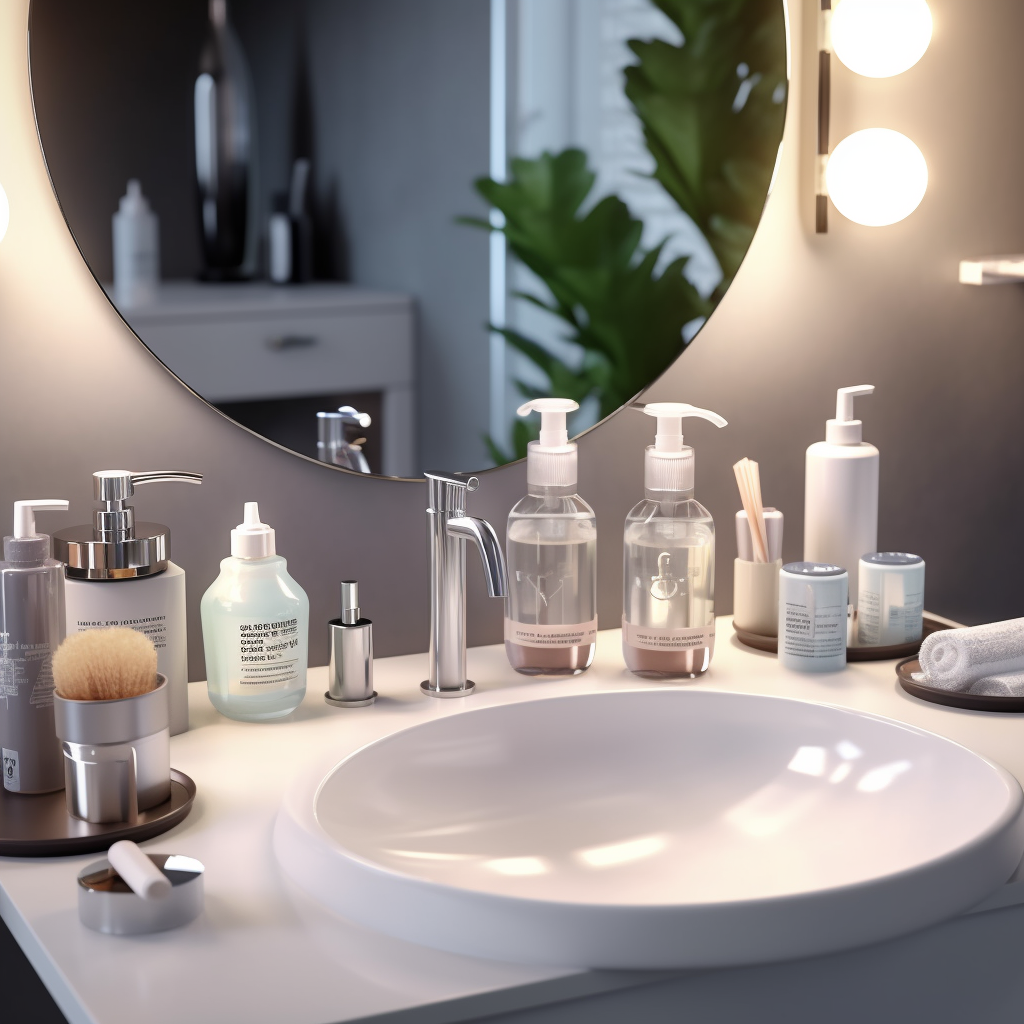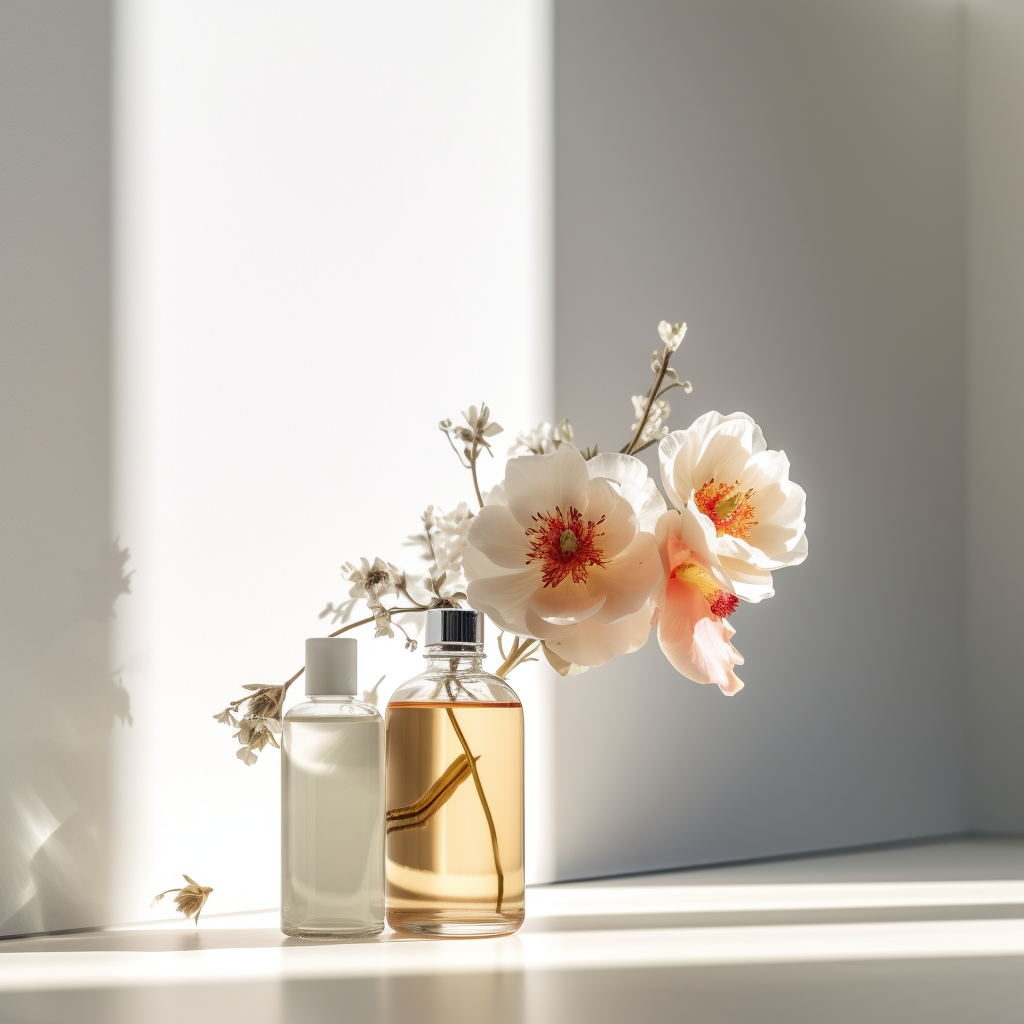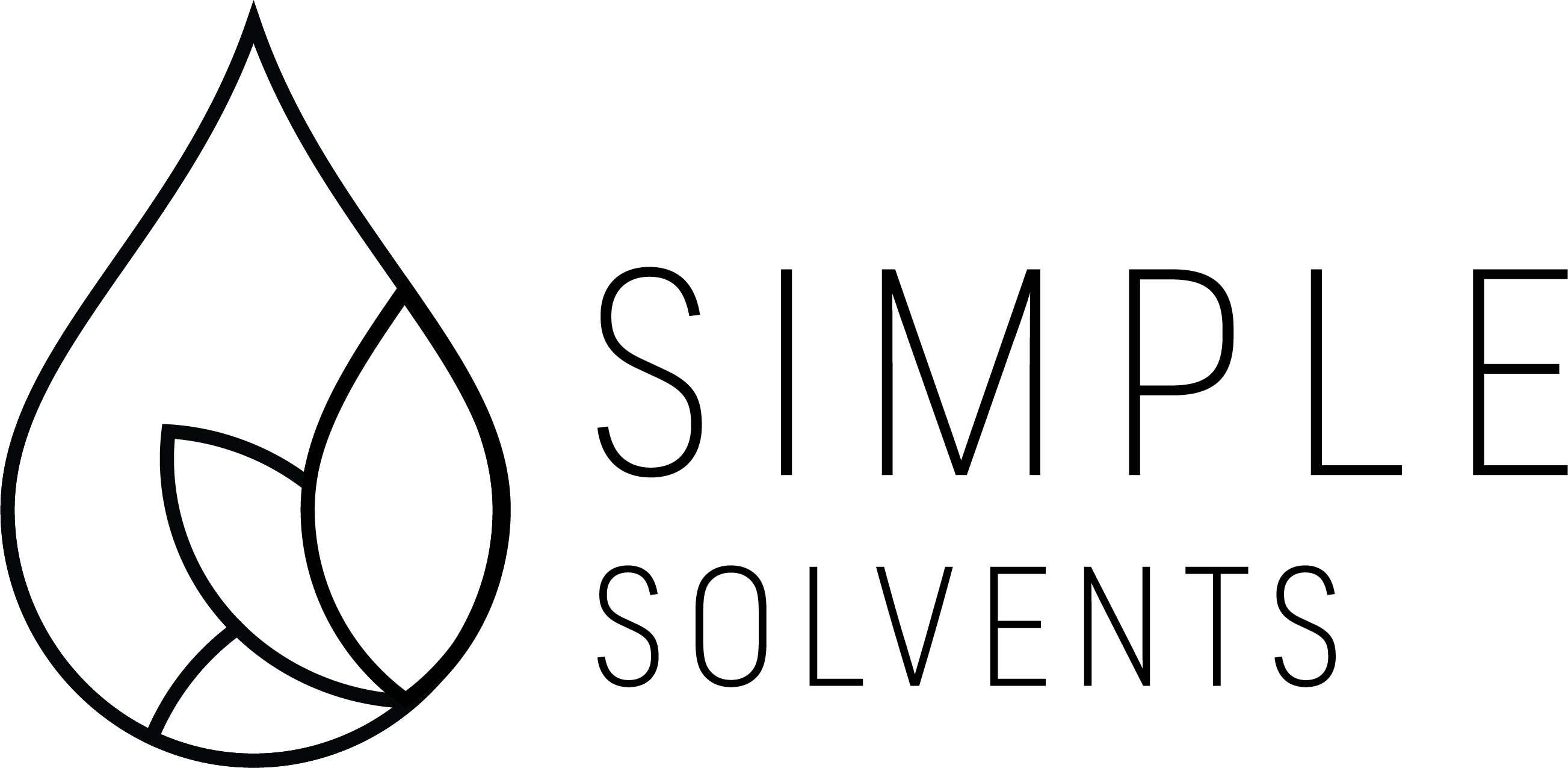Isopropyl Alcohol in Cosmetics

Isopropyl Alcohol in Cosmetics
This article is about how beauty companies use isopropyl alcohol in cosmetics. You’ll also know whether the product is suitable for you and how you can get the most out of it.
Imagine having a clear, smooth, glowing skin that everybody admires. Isopropyl alcohol in cosmetics products will give you that dazzling effect.
Below you’ll know what the solvent is and how manufacturers use IPA. Also, are those alcohol-based commodities good or bad for your skin?
Read on to find out.
What is Isopropyl Alcohol?
Chemical industrialists make isopropyl alcohol by mixing propylene and sulfuric acid. You can use this solvent as a disinfectant at home or in a hospital setting. Also, cosmetic manufacturers use IPA to make lotions, astringents or fragrances.
There are four grades of isopropyl alcohol on the market:
- USP grade Isopropyl Alcohol – Ideal for industrial, pharmaceutical and laboratory use.
- NSF grade Isopropyl Alcohol – The product is suitable for industrial use.
- Pure grade Isopropyl Alcohol – Doesn’t contain additives like acetone or methanol.
- Industrial Grade Isopropyl Alcohol – The solvent is ideal for cleaning large surface areas.

Other Alcohol Types in the Cosmetic Industry
Ethyl Alcohol
You can also call the product grain alcohol. This solvent is the same one that the beer and liquor industries use to make beverages.
Denatured Alcohol
You can also call this product SD or methyl alcohol. Manufacturers prefer that solvent because it’s cheap. The liquid has denaturants, and you’ll find it in lotions, fragrances, skin, and hair products.
Methyl Alcohol
Most bath products contain this solvent, and it acts like denatured ethanol in emulsifying fatty ingredients.
Benzyl Alcohol
Processors make this solvent from fruits and teas. Thus, you’ll get products like soaps, cleansers and hair products that companies make with benzyl alcohol.
Cetyl, Stearyl, Cetearyl and Lanolin Alcohol
You can also refer to the solvents as fatty alcohols. Those liquids prevent oil and liquid ingredients from separating, thus producing an outstanding beauty effect. Hence, you’ll find the product in eye makeup, foundation, and hair conditioners.
How is Isopropyl Alcohol in Cosmetics used in the Industry?
Dermatologists say that the solvent improves your cosmetic product’s quality. You’ll also maximize the skincare benefits because IPA enhances how fast your skin absorbs the ingredients.
If you love natural skincare routines, opt for IPA-based products. Good beauty companies make their goods with pure isopropyl alcohol.
Also, those products don’t cause skin irritation or flaking because fatty alcohols and glycerin balance the solvent’s effects.
Here are the popular uses of isopropyl alcohol in cosmetics.
Extracting Skin Oil
The isopropyl alcohol from Simple Solvents. in cosmetics maximizes your raw materials to produce high-quality essential oils. Additionally, this solvent preserves terpenes, alkaloids and other active ingredients that revitalize the skin.
Many processors save costs by reusing the solvent in other extraction procedures. They also preserve the purity of their products with the solvent, as IPA is highly volatile.
In contrast, manufacturers using propylene for extraction make harmful products for your skin. So, read the ingredients label before buying your cosmetics.
Do you want vibrant skin? You’ll benefit from isopropyl alcohol’s emulsifying effects.
Making and Preserving Beauty Products
Also, the solvent increases the speed with which the active ingredients and fats in lotions penetrate the skin. You’ll thus protect your dermal layers and prevent irritation and drying. Which makes isopropyl alcohol in your skincare products safe. Alcohols in cosmetic formulations have been around for centuries. The data safety of topically applied ethanol in small amounts is available
The antimicrobial property of isopropyl alcohol helps prevent skin diseases such as dermatitis and rashes. Thus, you’ll have unblemished and smooth skin, and you’ll use the products for an extended period without contamination risk.
IPA works by penetrating the germs and causing denaturation of the cell wall. This action thus kills any bacteria, viruses or fungi present and thus preserves your cosmetic products.
In contrast, harmful preservatives such as methylparaben, ethylparaben, and propylparaben damage your skin. Those compounds irritate your dermal layers with a high pH. They also degrade the fatty acids and alcohols present in the ingredients, thus lowering the product quality.
Making Astringents
Imagine skin without acne and wrinkles. Certainly, you would have beautiful skin, and people would never guess your age.
Reputable companies make their astringents using isopropyl alcohol. So, you’ll remove bacteria, dust and dead skin cells using those IPA-based products.
Isopropyl alcohol cleanses your oily skin to prevent it from trapping micro-organisms. This scrubbing effect occurs through the solvent’s ability to dissolve non-polar substances. Follow up with a moisturizer or lotion to prevent your skin from cracking.
Making Sanitizers
You’ll never get clear skin if you have dirty hands. Hence, processors make hand sanitizers with isopropyl alcohol to help you clean up fast and effectively. That product has an outstanding disinfecting effect for the millions of bacteria in your hands every time.
You’ll also enjoy the convenience of using IPA-based sanitizers. So, use the products when you don’t have soap and water nearby.
Is Isopropyl Alcohol Good for Your Skin?
IPA will only damage, dry or irritate your skin if you use the solvent directly instead of mixing it with other skin-care ingredients. For example, lotion makers balance humectants, emollients and isopropyl alcohol. Thus, you’ll preserve your skin’s moisture for a smooth, well-toned appearance.
Read the ingredients of cosmetic products to know whether they are safe. Ensure that the goods have glycerin, shea butter or natural essential oils like coconut and olive oil. People have used those ingredients for centuries, so you’ll enjoy the proven impeccable benefits.
You shouldn’t worry about cancer or liver disease, as would be the case if you drank isopropyl alcohol. This effect comes from your skin acting as a protective barrier. The dermal layers absorb a negligible amount of the alcohol.
A Word of Advice
Isopropyl Alcohol-based products are safe for your skin.
However, some people may still experience rashes and irritation despite the protective oils in those products. So, switch to alcohol-free or better tolerable commodities and consult your dermatologist for further advice.
Keep your cosmetic products away from the reach of your children, as IPA is poisonous.
Conclusion
Alcohols are valuable solvents in the cosmetic industry. In the case of isopropyl alcohol in cosmetics, you’ll get natural antimicrobial properties suitable for preserving beauty products. Other uses include making astringents, sanitizers and extracting skin oils.
Isopropyl alcohol is excellent for your skin. But you have to use the product as part of other oily and moisturizing ingredients for the best results. Protect your skin with IPA products.
